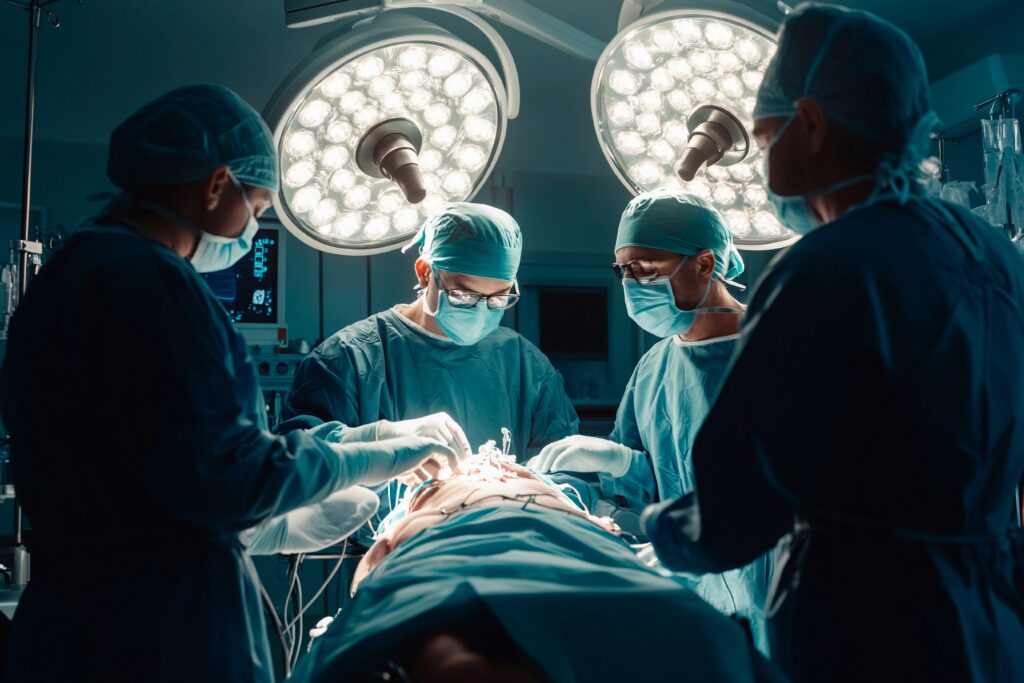What is Respiratory Depression?
Respiratory depression during surgery is a serious condition. It means your breathing slows down or becomes too shallow. As a result, your body may not get enough oxygen. This can happen when you are under anaesthesia. Sometimes, it can also occur after surgery. Because breathing is so important, doctors watch for this problem closely. According to the World Health Organization (WHO), safe breathing is a top priority during any operation.
Why Does Respiratory Depression Occur During Surgery?
Many factors can cause respiratory depression during surgery. Most often, anaesthesiology medicines are the reason. These drugs help you sleep and feel no pain. However, they can also slow your breathing. In addition, some people are more at risk. For example, those with lung or heart problems may face higher risks. Sometimes, surgical complications or reactions to medicines can also play a role. Because of these risks, doctors take many steps to keep you safe.
Key Symptoms to Watch For
It is important to know the symptoms of respiratory depression. While you may be asleep during surgery, doctors and nurses look for these signs. After surgery, family members and staff should also stay alert. Early detection can save lives. Here are some common symptoms:
If you notice any of these signs after surgery, tell a nurse or doctor right away.
How Anaesthesiologists Monitor and Respond
Anaesthesiologists are experts in keeping you safe during surgery. They use special monitors to check your breathing and oxygen levels. For example, they watch your chest movements and use machines to measure oxygen in your blood. If they see signs of breathing problems during surgery, they act fast. Sometimes, they may adjust your medicines or give you extra oxygen. In rare cases, they may use a breathing tube to help you breathe. Because of these steps, most patients stay safe and recover well.
Prevention and Patient Safety Tips
There are ways to lower your risk of respiratory depression. Before surgery, talk to your doctor about your health. Let them know if you have any lung or heart problems. Also, share any medicines you take. Here are some safety tips:
In some locations, hospitals may have extra safety measures. For example, some use advanced monitors or have special recovery teams. Always ask about patient safety steps at your local hospital.
When to Seek Medical Help
After surgery, it is normal to feel tired. However, certain warning signs mean you need help right away. Watch for these signs:
If you notice any of these, call for medical help immediately. Quick action can prevent serious problems. Remember, your safety is most important.
If you have concerns about anaesthesia or breathing during surgery, consult a qualified specialist for personalized advice.
